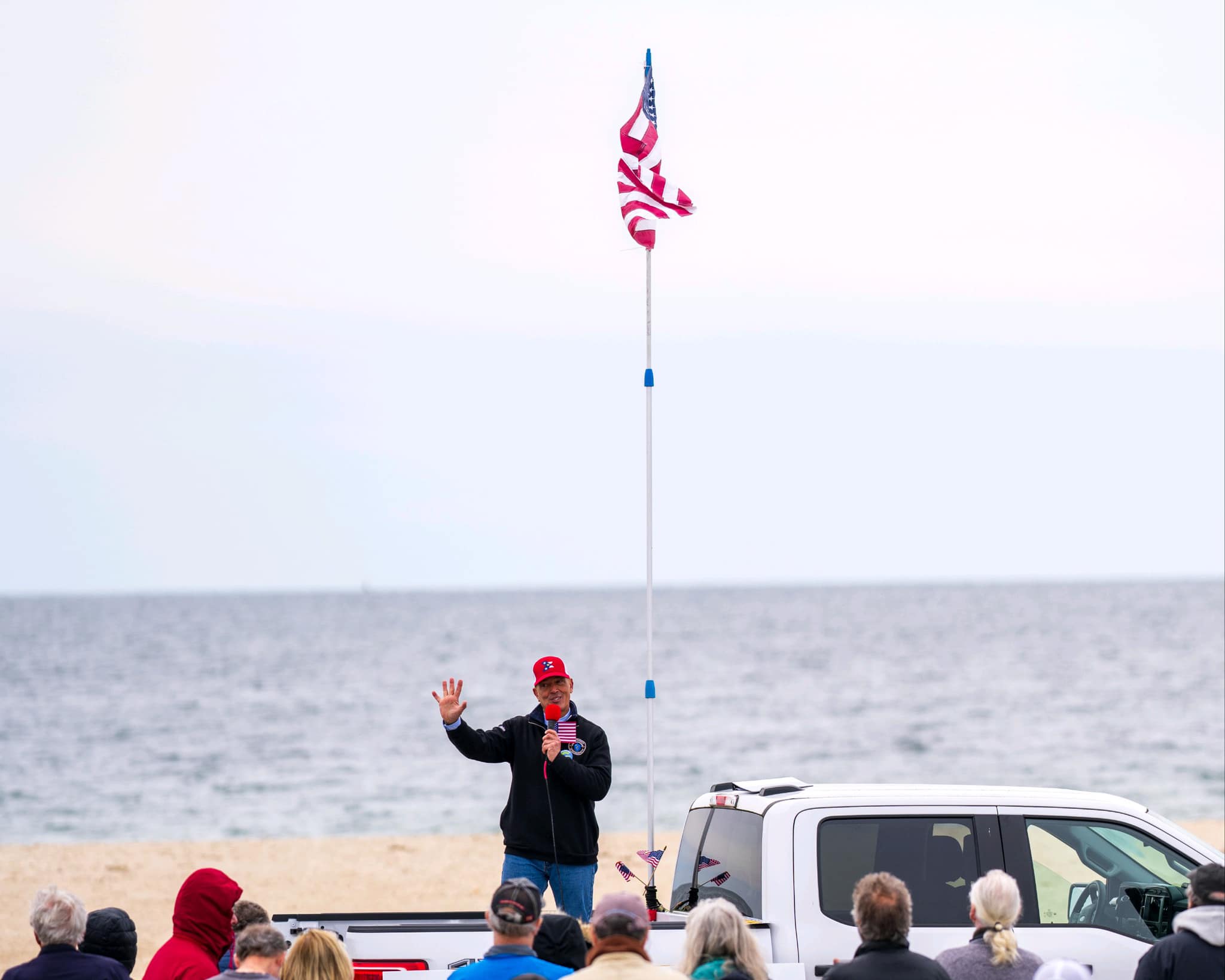
Greater Oversight of Wind Energy Projects
I have consistently stated that I support the development of alternative energy generation as a vital component of our nation’s strategy to achieve energy independence and sustainability. Clean energy is clearly an important part of our future.
Many alternative energy projects are environmentally friendly, which is crucial because I strongly believe in the need to preserve our unique environment here on Cape Cod. However, certain projects raise significant environmental, social, and economic issues that must not be overlooked. This is particularly true for the offshore wind projects proposed off our coastline, which require power to be brought ashore through our beaches, neighborhoods, and communities.
After attending numerous hearings and consulting with experts and community stakeholders, I have identified several key concerns:
1. Industrialization of the Ocean
- The installation of massive wind turbines fundamentally alters the natural seascape, causing long-term disruptions to the marine ecosystem.
- Construction and operations harm marine life, including fish, whales, and other species vital to our environment and economy.
2. Impact on the Commercial Fishing Industry
- Marine ecosystem disruptions threaten the livelihoods of local fishermen who depend on sustainable, thriving marine life.
- Fishing routes and habitats will be disrupted, further straining an industry already facing challenges.
3. Environmental Concerns with Cable Installation
- Running high-voltage cables underneath public and private beaches disrupts areas where families recreate, posing potential public health concerns.
- The cables’ paths through villages, homes, and businesses raise serious safety, environmental, and aesthetic concerns.
4. Massive Substations Pose Threats to Health and Safety
- Proposed substations in or near residential neighborhoods and atop aquifers risk contaminating drinking water supplies, an unacceptable hazard.
- Substation fires are another serious risk. These uncontrollable events would need to be handled by local fire departments, which currently lack sufficient state-supported plans or resources to respond to such incidents. This creates a significant public safety gap.
5. Lack of Local Input and Oversight
- Decisions increasingly exclude meaningful input from local residents and stakeholders. Removing local voices undermines transparency and trust in the process.
6. Questionable Environmental and Economic Justice Outcomes
- After billions of dollars are invested in these projects, what tangible benefits will Cape Cod communities truly see?
- Large-scale industrialization projects often disproportionately impact smaller communities, leaving them to bear the costs and risks without equitable rewards.
As the Commonwealth works to achieve its renewable energy goals, I urge policymakers, developers, and regulators to prioritize addressing these pressing concerns. Local voices must be heard, and decision-making must reflect the best interests of the communities most affected.
In particular, I have filed legislation to strengthen state oversight regarding project siting and permitting conditions. Unfortunately, recent moves to streamline the permitting process have bypassed crucial safeguards, while pending changes to Article 97 property transfers appear to cater more to developers than to community needs. This is a serious mistake.
Protecting our natural resources, respecting community concerns, and balancing long-term renewable energy goals must remain our top priorities—especially when serious environmental, public health, safety, and economic concerns are at stake.

